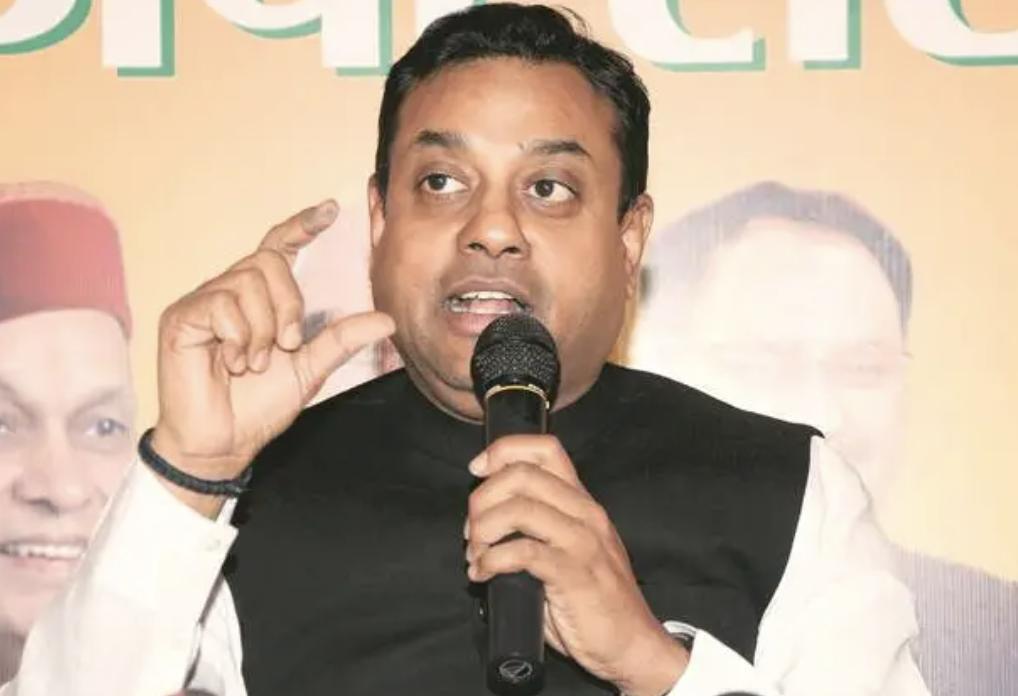
Congress was in power for 6 decades, never conducted caste census: BJP
The Bharatiya Janata Party (BJP) has recently come out in support of the Centre’s decision to include caste data in the upcoming Census of India. The decision has been met with both praise and criticism, with some accusing the government of attempting to polarize the country along caste lines. However, BJP MP Sambit Patra has clarified that the census is not meant for polarization, but rather for policy transformation.
In a recent statement, Patra praised the Centre’s decision to include caste data in the census, stating that the Congress party and its allies were in power for over 6 decades but never conducted a caste census. “I want to make it clear that the Congress party and its allies were in power for over 6 decades, but they never conducted the caste census,” he said. “This census is not for polarisation, but it’s for policy transformation,” he added.
The inclusion of caste data in the census has been a long-standing demand of several social and political organizations. The move aims to provide a more accurate and comprehensive understanding of the country’s social and economic structures. The data will be used to identify areas where social and economic disparities exist and to develop policies that address these issues.
Patra’s statement is a clear attempt to counter the criticism that the government’s decision is an attempt to polarize the country along caste lines. While some have accused the government of trying to create divisions within society, Patra is adamant that the census is meant to bring about positive change.
The BJP’s decision to support the inclusion of caste data in the census is significant, given the party’s history of opposing social and economic reforms. However, in recent years, the party has been trying to rebrand itself as a champion of social justice and equality.
The inclusion of caste data in the census is a significant step forward for the country. It is a recognition that caste-based discrimination and inequality are still a significant problem in India, and that the government needs to take concrete steps to address these issues.
However, the decision has also been met with criticism from some quarters. The opposition parties have accused the government of attempting to polarize the country, while some social and political organizations have expressed concerns that the data may be misused to perpetuate caste-based discrimination.
Despite the criticism, the government’s decision to include caste data in the census is a significant step forward. It is a recognition that the country needs to address the issue of caste-based discrimination and inequality, and that the government needs to take concrete steps to address these issues.
In conclusion, the inclusion of caste data in the census is a significant step forward for the country. While some have accused the government of attempting to polarize the country, Patra’s statement is a clear attempt to counter this criticism and emphasize that the census is meant to bring about positive change.
The decision is a recognition that caste-based discrimination and inequality are still a significant problem in India, and that the government needs to take concrete steps to address these issues. The inclusion of caste data in the census is a significant step forward, and it is hoped that the data will be used to bring about positive change and to address the issue of caste-based discrimination and inequality in India.






